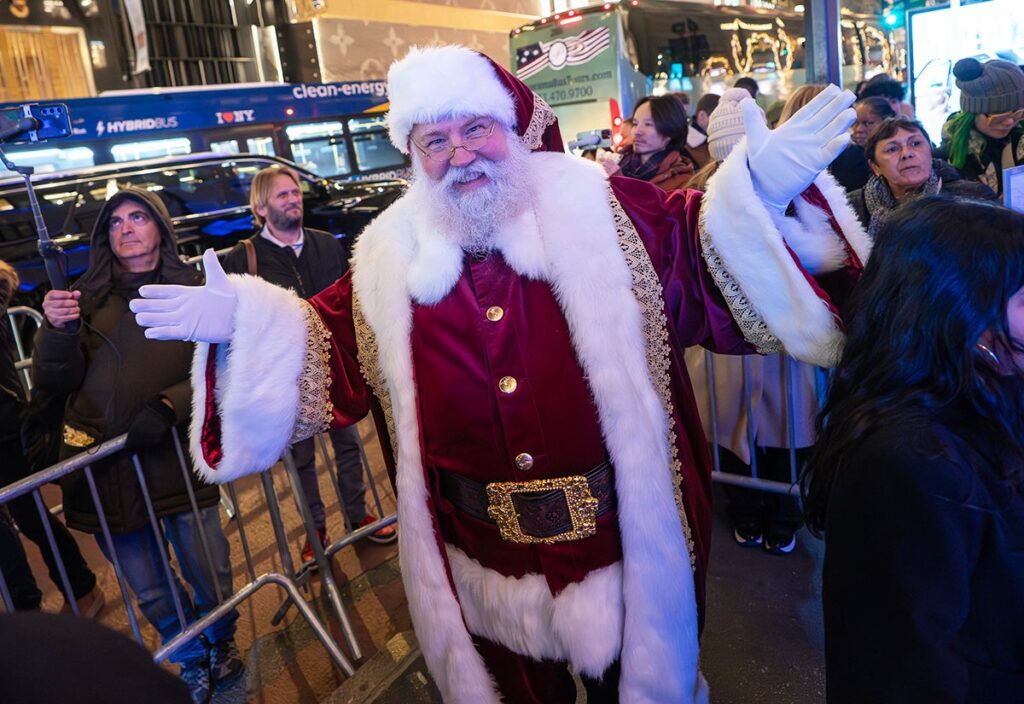THE DIRECT MARKETING and publishing industries are scrambling to influence a bill that could levy hefty fines and tough disclosure requirements for sweepstakes mail promotions, according to reports.
In reaction to a bill sponsored by Sen. Susan Collins (R-ME) last month, mailers like The Readers Digest Association and Time Warner Inc. were acknowledging the need for legislation while trying to shape the measure as it moves through committee.
“We agree that there should be some federal standards,” said Jerry Cerasale, the Direct Marketing Association’s senior vice president for government affairs, who is representing major publishers in talks with Senate staff.
On March 8, the senate subcommittee heard testimony from senior citizens who buy merchandise they don’t need or subscribe to magazines they don’t want to read, in vain attempts to win the grand prizes. The next day, the senators listened to testimony from such industry giants as American Family Enterprises, Time Inc., The Reader’s Digest Association and Publishers Clearing House.
Company representatives defended their practices, contending they have voluntarily changed their mailings and are making efforts to identify those few Americans who don’t understand the rules.
The senators weren’t impressed. By the time the hearings were over, some of the legislators said they were even more convinced a tough measure was needed to regulate sweepstakes mailings. Collins claimed to be gaining support with each testimony the senators heard.
Collins’ bill, introduced last month, would impose the first national regulations of sweepstakes mailings. The legislation would mandate clearer disclosure that no purchase is necessary to win, forbid companies from telling recipients they won something when they didn’t, and ban mailings that mimic official government documents. Penalties for not complying would range from $50,000 to $2 million, depending on the size of the mailing.
In the meantime, the DMA released a poll of 1,005 American households indicating that 54% have entered a sweepstakes contest, and of the entrants 95% knew that “no purchase is necessary” to enter.
In addition, 94% of respondents indicated that when a sweepstakes offer comes in the mail, they don’t believe they’ve won a prize in that sweepstakes.





